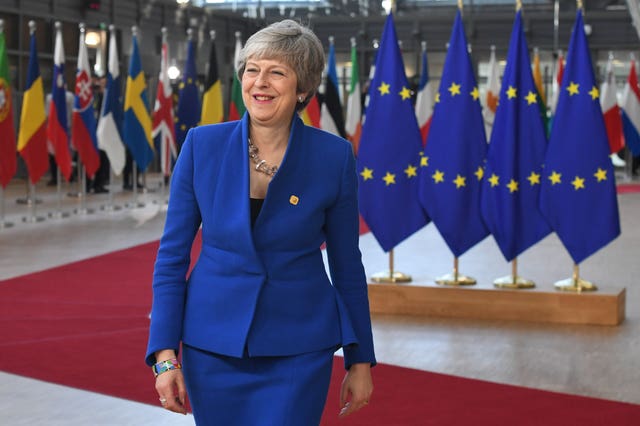Mental health of a third of UK adults affected by Brexit – survey
Around a third of people surveyed said Brexit has had a negative impact on their mental health and wellbeing.

A third of UK adults feel their mental health has been affected by Brexit, a new survey suggests.
Around 33% of people said Britain’s departure from the European Union has had a negative effect on their wellbeing, according to a poll by the British Association for Counselling and Psychotherapy (BACP).
Labour and Liberal Democrat voters were more than twice as likely to say this was the case.
Andrew Kinder, a counsellor and BACP governor, said: “Most of us dislike change, because of the uncertainty it creates, and there is a lot of uncertainty around Brexit.
“There is uncertainty on whichever side people voted for, whether that is Remain or Leave.
“Uncertainty can be stressful for people, and it does impact on their wellbeing, and if people have underlying issues as well, this is fuelling it and adding to it.”
A third (33%) of people believe Brexit has had a negative effect on their mental health and wellbeing, while an additional quarter (24%) said it had “a little”, the survey found.

Among 16 to 24-year-olds, 28% agreed it has had a negative impact, compared to 37% of over 65s.
Meanwhile, 43% of people who voted for Labour in the 2017 general election, and 47% who voted for the Liberal Democrats, reported a detrimental effect on their mental health.
This compares to just 20% of Conservative voters.
“I am seeing clients who are grappling with having to prepare for various Brexit scenarios in their jobs or across their business, resulting in stress and anxiety because of increased workload and working hours,” Louise Tyler, a counsellor in Cheshire, said.
“Many people are worrying about the consequences of Brexit on their jobs and finances.
“Most of all, people are struggling with a sense of uncertainty and a feeling of powerlessness, consequently they are feeling low, helpless and stressed.”
She added: “For those who already suffer with anxiety, the uncertainty magnifies their symptoms.”
A total of 5,731 UK adults took part in the survey, carried out by YouGov in March.





